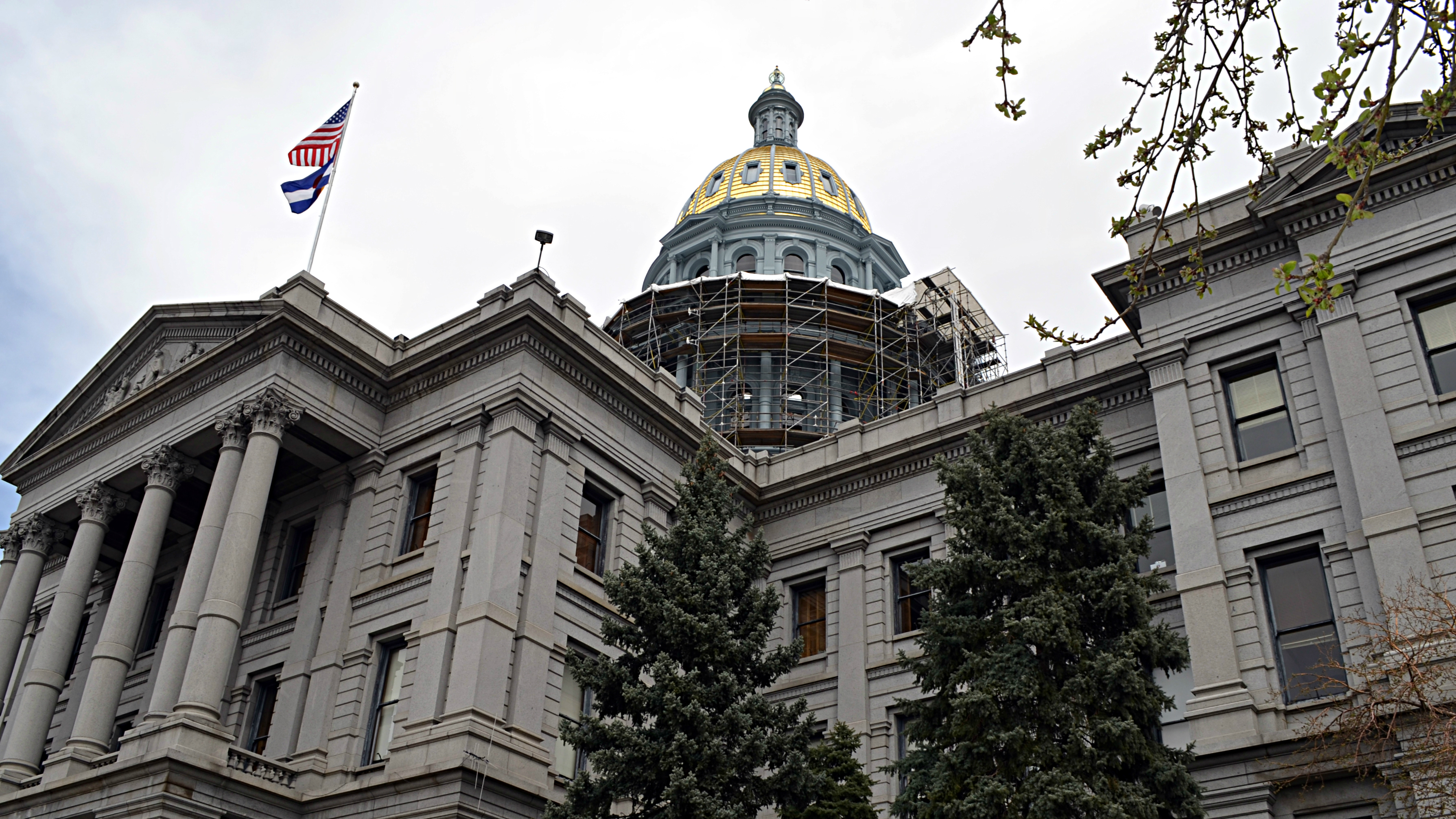
Colorado Gov. John Hickenlooper is abandoning his work on a compromise to keep initiatives restricting oil and gas drilling off the November ballot.
Hickenlooper made the announcement on Wednesday morning, saying efforts to secure the required support needed to pass bipartisan legislation in a special session were unsuccessful.
In a statement, the governor says he worked with a team of "willing partners" over the past few months on a legislative compromise that would "avoid a series of expensive and divisive ballot initiatives surrounding oil and gas development in Colorado."
Hickenlooper began floating a draft bill in June that would have given local governments more control over setbacks for wells and allow them to put moratoriums on drilling. Local governments, however, couldn’t ban fracking outright under the proposal, something the initiatives would allow.
"Throughout this process people of good will have shared their views and while they have not always agreed with our approach, at no time did we find legislators of either party or stakeholders unwilling to come to the table," Hickenlooper said.
House Majority Leader Dickie Lee Hullinghorst, a Democrat, said Wednesday that the compromise effort always had more support outside the state Capitol than inside of it.
"We did not have Republican support inside the building and we felt very strongly that we need to have bipartisan support in order to sustain a special session and to get a good bill passed," Hullinghorst says.
After Hickenlooper's announcement, U.S. Sen. Mark Udall, a Democrat, came out swinging against "one-size-fits-all" ballot measures.
"Colorado has served as a model for the nation on finding the right balance between protecting our clean air and water, the health of our communities, and safely developing our abundant energy resources. In my view, these proposed ballot initiatives do not strike that balance," Udall said in a statement.
The ballot measures are already splitting the Democratic Party, with Hickenlooper and Udall joining Republicans in opposing them, and Second District U.S. Rep. Jared Polis offering his political and financial support.
Polis said the compromise offered a "legitimate solution" to the fracking debate.
"Now, as it has become clear that the path to passing a legislative compromise has been obstructed, we must turn to the people of Colorado to solve this problem," Polis said. “[My] one goal is to find a solution that will allow my constituents to live safely in their homes, free from the fear of declining property values or unnecessary health risks, but also that will allow our state to continue to benefit from the oil and gas boom that brings jobs and increased energy security."
Republicans seized on the Democrats' disagreements. State Rep. Frank McNulty, R-Highlands Ranch, characterized Polis' approach as "a half-baked political fix" and Colorado Republican Committee spokesman Owen Loftus said Udall "must turn his back on the radical environmentalists who are financing his reelection bid, and campaign vigorously against Jared Polis’s anti-energy measures."
The oil and gas industry has tens of millions of dollars ready to fight these proposals. Stan Dempsey, president of the Colorado Petroleum Association, says they expect to get a lot of help.
"It isn’t going to be the industry that fights these initiatives. It’s going to be the entire business community. That’s what’s Jared Polis has done, is picked a fight with Colorado’s business community," Dempsey says.








